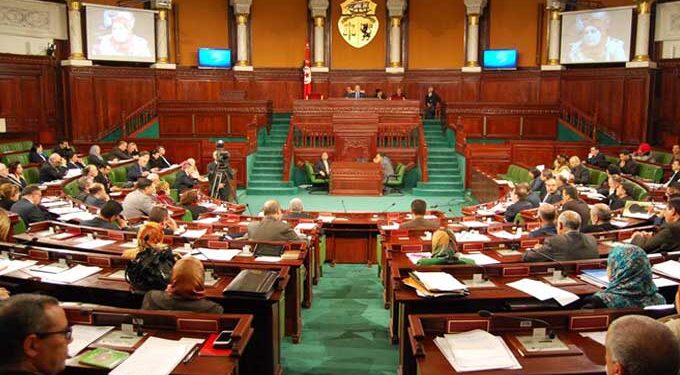The Assembly of Representatives of the People has transmitted to its general law committee a new bill aimed at increasing the penalties provided for offenses related to theft. The text, which reviews several articles of the penal code, is part of a desire to strengthen deterrence in the face of the rise of crime.
The office of the Assembly of People’s Representatives (ARP) announced, Thursday, July 3, that it had transmitted to the Commission of General Legislation a new bill revising several provisions of the Tunisian Criminal Code. Objective: to strengthen the repression of theft acts in a context of resurgence of attacks and damage to goods.
The text, presented in the form of a single article, provides for the repeal of articles 261, 262 and 264 of the current penal code and their replacement by new provisions, much more severe:
- Article 261 (new): Security from 15 to 20 years for thefts committed in circumstances 1, 2 or 5 provided for in article 260.
- Article 262 (new): Progriation from 12 to 15 years old if conditions 3 or 4 of article 260 are met.
- Article 264 (new): Senior of 5 years’ imprisonment and fine of 2,000 dinars for any theft or diversion not falling under articles 260 to 263.
In the presentation of the reasons, the authors of the text justify this hardening by the sharp increase in violent thefts, which they partly attribute to a certain “laxity” of the sentences in force. They plead for a more dissuasive criminal response, capable of restoring security in public spaces.
However, deputies recognize that the treatment of the phenomenon cannot be limited to the repressive lever. They call for a multidimensional national plan, integrating actions on the cultural, media, educational and economic levels, in order to tackle the social roots of delinquency.
“It is time to rethink the Tunisian criminal policy in the light of the evolution of the social context,” they insist, evoking the need to combine prevention and repression, while encouraging a national debate on the reform of the criminal system.
The general legislation committee will now have to examine the text before its possible adoption in plenary session.








